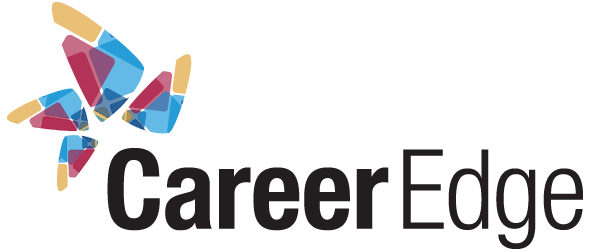
Slow and steady doesn’t always the win the race.
If you see a job you’re interested in, apply quick. That doesn’t mean clicking ‘submit’ right away – it means not wasting time by waiting. If the job’s been posted for longer than four days, don’t wait any longer – apply ASAP! Make it a priority and schedule it in your calendar. If you wait, you’re wasting your time by applying later. Read More









